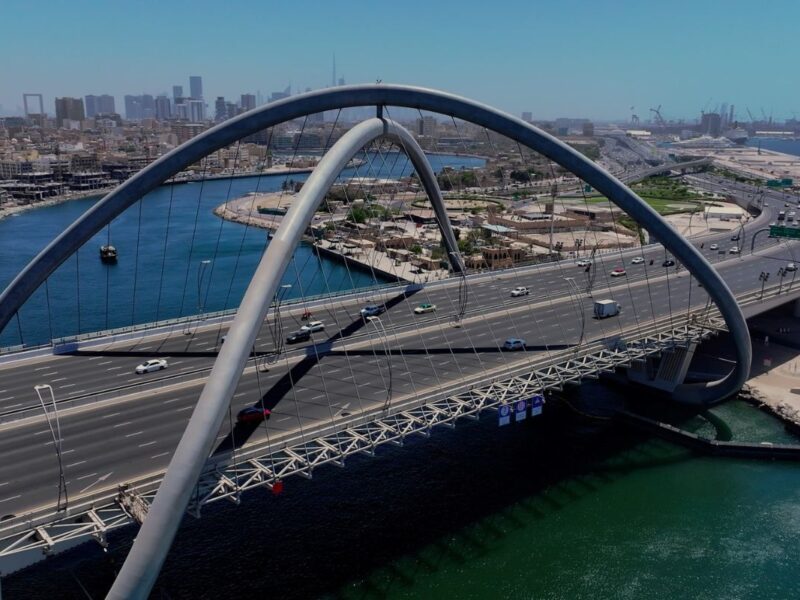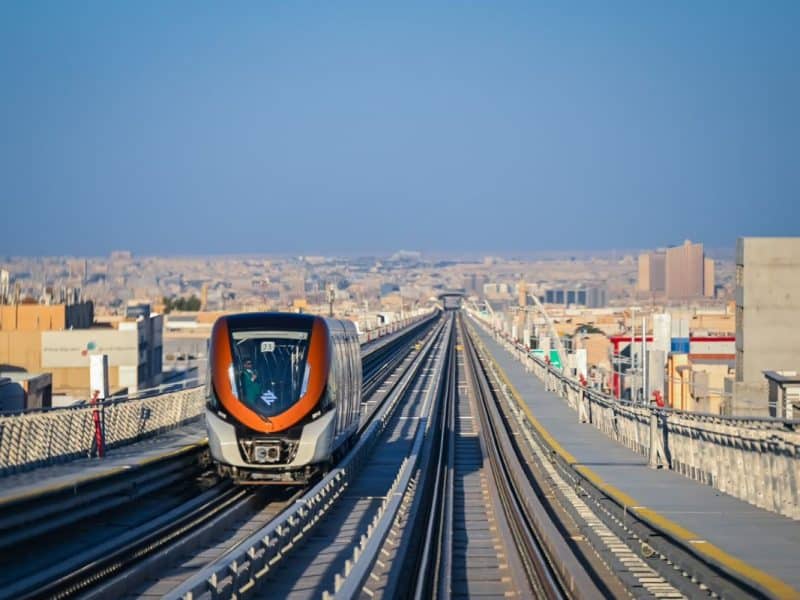Emirates Group’s services company dnata expects to post a 30 percent increase in annual revenue to AED9.5 billion ($2.59 billion) during its financial year, which ends March 31, 2015, CEO Gary Chapman has revealed.
The improved performance was a combination of the annualised impact of acquisitions made in 2013-14 as well as general growth of the business, Chapman said.
The expanding company, which has acquired several travel agency businesses in the past 12 months, made more than AED800m profit last year.
“That’s not too shabby,” Chapman told the Australian Business Council Business at Breakfast event on Thursday.
“We have one of the better margins, not the best, but one of the better margins across the globe.”
dnata, which is part of the same family as Emirates Airline but operates separately, includes dozens of brands across cargo, ground handling services, travel agencies and the largest inflight catering business in the world.
Last month, the company announced it had received regulatory approval to purchase UK-based Stella Travel Services’ five brands, TravelBag, Travel2, Sunmaster, Global Travel Group and Triton Rooms.
It followed a deal in February to buy part of the 173-year-old British travel company Thomas Cook for $74 million. The acquisition included Gold Medal Travel Group, its online travel agent netflights.com and high-end travel brand Pure Luxury.
The dnata Travel portfolio also includes Travel Republic, as well as investments in Hogg Robinson Group and Mindpearl Group.
The company’s $75 million Cargo City at Heathrow Airport in London also opened in November last year, while Chapman said dnata planned to double its inflight catering operations to make more than 300,000 meals a day, as well as double the capacity of its laundry service that already processes more than 500,000 items daily.
“These are all major businesses within themselves,” he said.
Emirates’ pilot training facility in Silicon Oasis also will be expanded from five simulators to 10.
Chapman said
he’d like to also do more in the area of ground handling services and cargo but
the industry was so competitive, margins were low.
“It’s quite
challenging,” he said.









